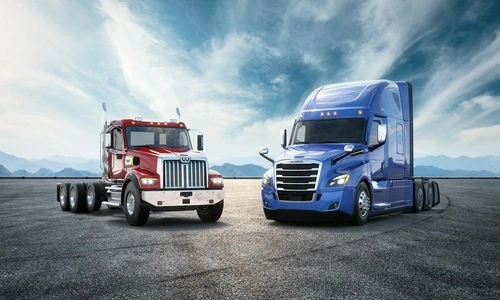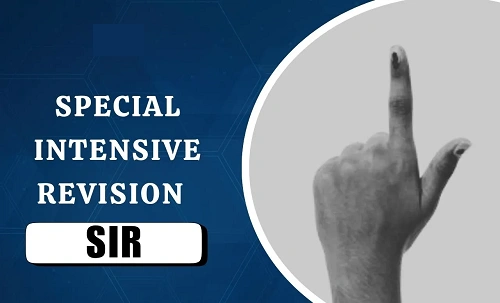Diesel has not been banned in India, at present. However, The Energy Transition Advisory Committee, a panel under the Ministry of Petroleum and Natural Gas of the Government of India, submitted a report in 2023, which recommended a complete ban on diesel in the country by the year 2027. To be specific, the report called for a ban on diesel-powered vehicles in Indian cities with a population of more than 1 million. The report not only recommended a ban on sale of new diesel vehicles but also on diesel vehicles older than 10 years.
The Government has not yet accepted the recommendations made by the committee. Consultations with stakeholders at various levels, right from automotive manufacturers and ministries to state governments would be carried out by the Central Government, prior to making a decision. Thus, it is unlikely that a ban on diesel vehicles would be imposed by 2027.

Rationale Behind Proposed Ban
Diesel vehicles use compression ignition technology to produce higher torque. Major disadvantage of this technology is the huge amount of nitrous oxide and particulate matter released into the atmosphere. These emissions create a number of environmental issues like smog, acid rain and climate change. Moreover, nitrous oxide and particulate matter cause respiratory diseases.
Diesel passenger vehicles accounted for 40% of passenger vehicle sales in the financial year 2017. However, this figure declined to less than 19% in financial year 2023. Reduction in sales is attributed to shrinking gap between the prices of diesel and petrol vehicles. Major automotive manufacturers are reducing the scale of diesel vehicle manufacturing due to declining sales. In fact, India’s largest passenger vehicle manufacturer, Maruti Suzuki, has stopped manufacturing diesel vehicles since 1st April 2020.
India plans to achieve net-zero emissions by the year 2070, as a part of its commitments to various international agreements, including Paris Agreement. To achieve this objective, India needs to reduce reliance on fossil fuels, including diesel.
Challenges
Diesel dominates mid to large-sized commercial vehicle section, including buses, trucks and cabs. Since diesel vehicles are highly efficient, they provide more cost savings to the owners especially because commercial vehicles are mainly used for long distance journeys. Moreover, the higher torque generated by diesel engines enable commercial vehicles to haul large weights even in difficult terrains.
Hybrid and Electric Vehicles are not likely to become dominant by 2027. This is because EV infrastructure is still not well developed in India and expensive hybrid vehicles are out of reach of most vehicle buyers in India.

